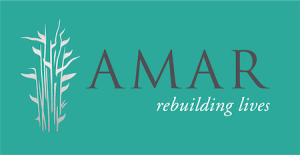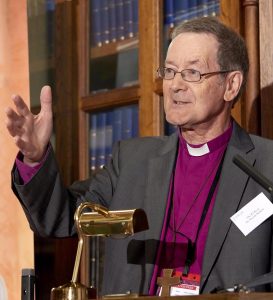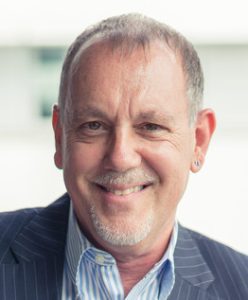Religious Persecution, Mental Health, and Music: AMAR Foundation 2022 Windsor Dialogue Conferences

In 2022, the ICLRS cosponsored two conferences as part of The AMAR International Charitable Foundation’s Windsor Dialogue series.
Baroness Emma Nicholson of Winterbourne, Member of the UK House of Lords, founded AMAR in the early 1990s in response to persecution of Marsh Arabs in southern Iraq. As conflict in the Middle East resulted in greater numbers of refugees and internally displaced persons (IDPs), AMAR expanded its charitable efforts to encompass the development of primary health care, mental health care, educational, and other resources in Iraq and elsewhere. Much of AMAR’s work has focused on assisting groups that have suffered religious persecution, particularly the Yazidis of northern Iraq.
The goal, of course, is to help groups that are persecuted on the basis of their religious identities and affiliations make the journey from persecution to inclusion.
—Brett Scharffs, ICLRS director


